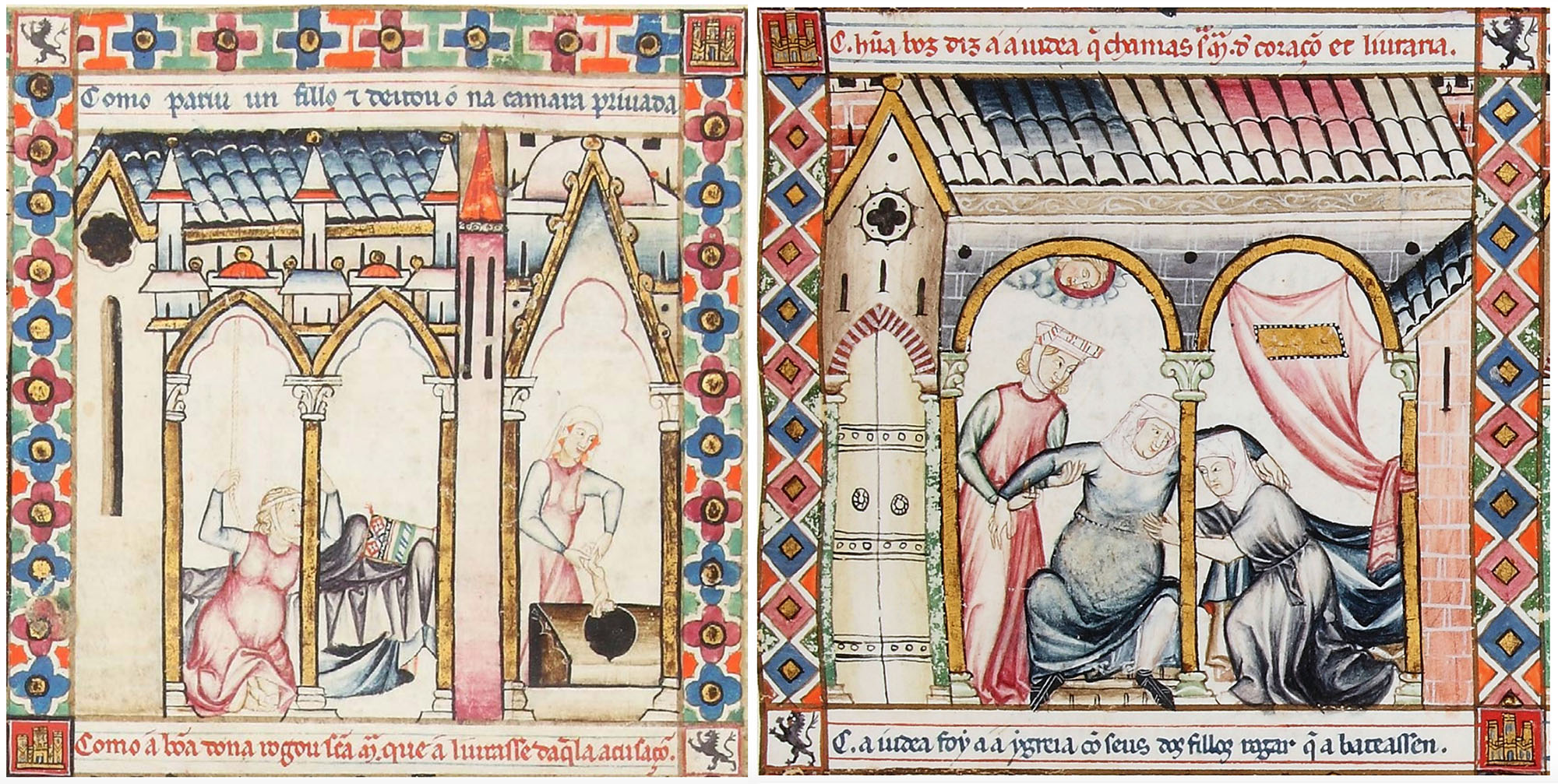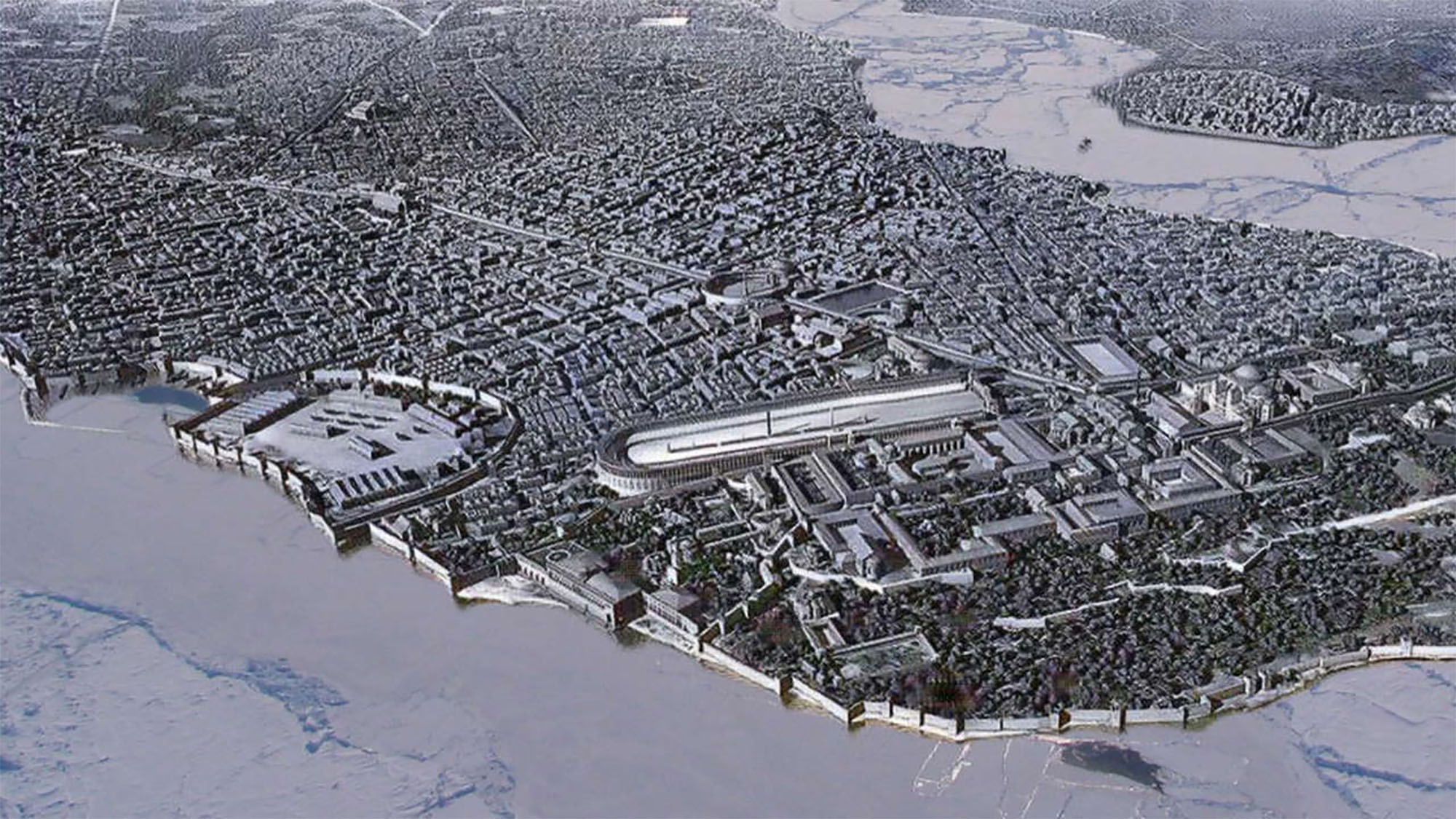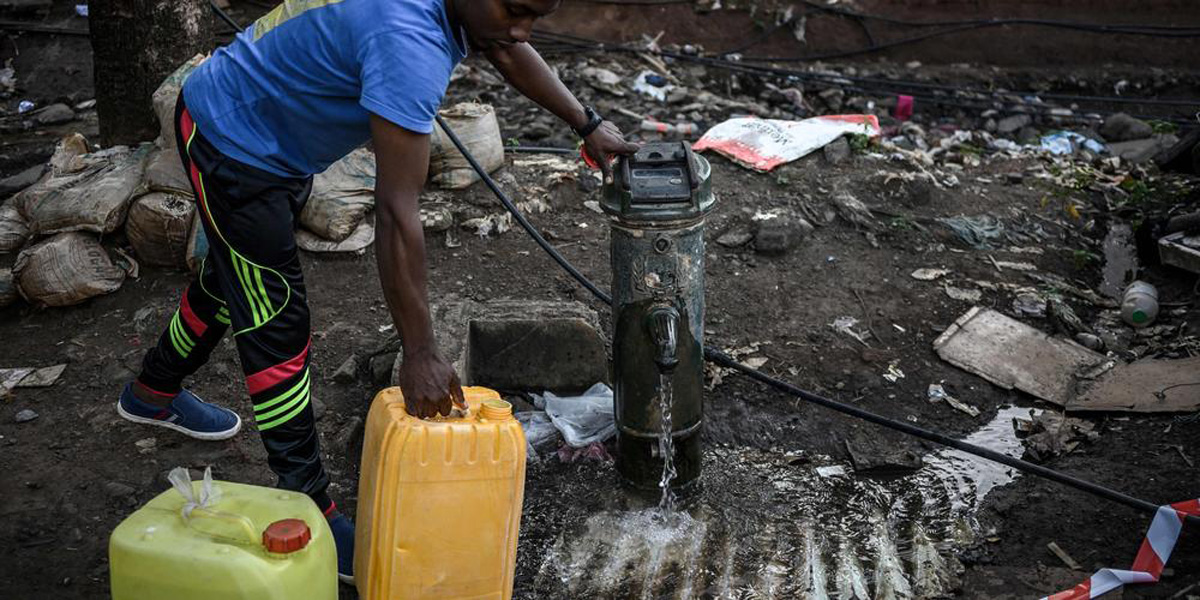The conquest of a past

You will have already noticed that the past is a field of conflict of the present, because historiographical debates cannot escape the present. In Euskal Herria, for example, the political and identity implications of both the theory of late Euskaldunization and the debates on the nature of the conquest of Navarra are evident.
The same thing happens in Spain. One of the hardest historiographical debates there is the Reconquista. The vast territories of the Iberian Peninsula were dominated between 711 and 1492 by Al-Andalus, the Muslim kingdom. It is called Reconquista the military campaigns of the Christian kingdoms of the north of the Iberian peninsula against Al-Andalus and the process of conquest that took place for centuries.
The truth is that the concept of Reconquista is more historical than historical. Apparently, the 19th century was not used. Until the twentieth century the Spanish nation-state began to be built. Conservative and Catholic Spanish nationalism turned to a common enemy to create a national identity, believing that Spain had been built in the “fight against Islam”. The common historical destiny of the Christian kingdoms of the Middle Ages, including the Kingdom of Navarre, would be to recover the territory unjustly stolen by the Muslims. Later, Francoist historiography and teaching reused and deepened the narrative of the Reconquista to give an epic air to Spanish nationalism.
According to historian Alejandro García Sanjuan, there are three historiographical positions around the Reconquista. Critics of the concept point to the need to dispense with the concept of Reconquista due to its structural ideological character. Likewise, in the Middle Ages it was not considered aware that they were part of a national historical destiny, but that it was a very long and complex process, full of discontinuities and setbacks, such as conflicts between Christian kingdoms or Muslim and Christian alliances.
Others consider the Reconquista to be an indisputable historical fact. Because, although at that time they did not use the same word, the elites of the Christian kingdoms used ideological justifications to legitimize their military expansionism by saying, among other things, that they were the direct sequelae of the Kingdom of Visigoths. Consequently, they intend to eliminate the retrograde ideological burden of the word Reconquista in order to use it without prejudice.
However, far from it, retrograde discourses on Reconquista, despite being in a minority in academic history, are increasingly present in society and politics. In recent decades we have imported from Arab and Muslim countries a cheap labour force and the rise of Islamic fundamentalism has provoked great excitement in the West. The extreme right has taken advantage of these two phenomena, together with the symbols of the Reconquista, to spread racism and xenophobia not only in Spain but also in the French Republic. Han Eric Zemmour Reconquête! It names your movement. It's no coincidence.
Toledo, 1272-1280. Alfontso X.a Gaztelakoak Ama Birjinari eskainitako 427 kanta monodiko bildu zituen. Santa Mariaren Kantigek Erdi Aroko musika eta literatura bildumarik garrantzitsuenetakoa osatzen dute, baina, kantiga miniaturaz apainduta daudenez, ilustrazio horiek beste... [+]
Teofanes Aitorlea kronikalariak jaso zuenez, 763-764ko negua inoizko hotzenetakoa izan zen Konstantinoplan. Elurrak eta izotza hartu omen zuten bizantziar hiriburua eta Bosforon iceberg bat ere ikusi omen zuten.
Orain arte klima hoztea, besteak beste, jarduera... [+]
The Industrial Revolution was one of the key moments in human history, as was the Neolithic Revolution, which definitely changed our destiny. This process, in the mid-eighteenth century, liberated the economic and social forces that had been chained up until then. For example,... [+]












